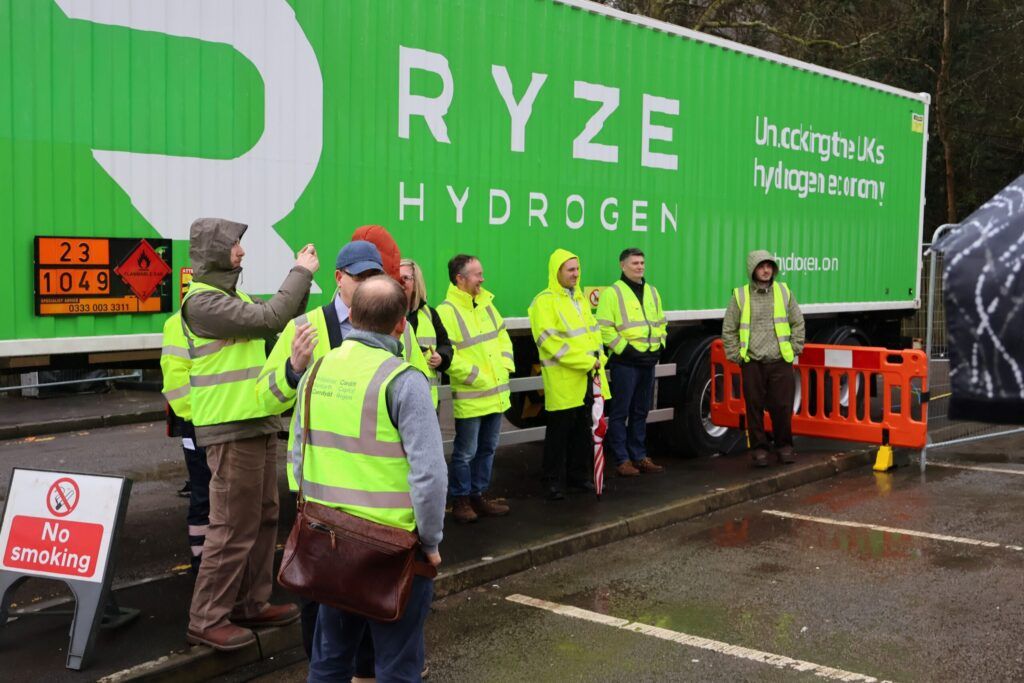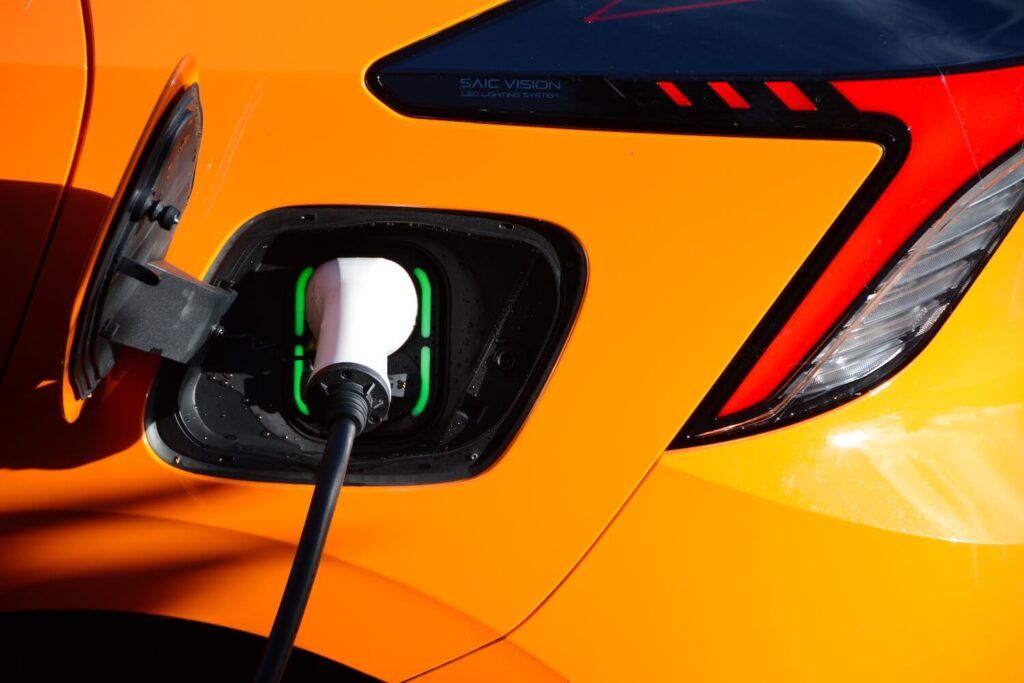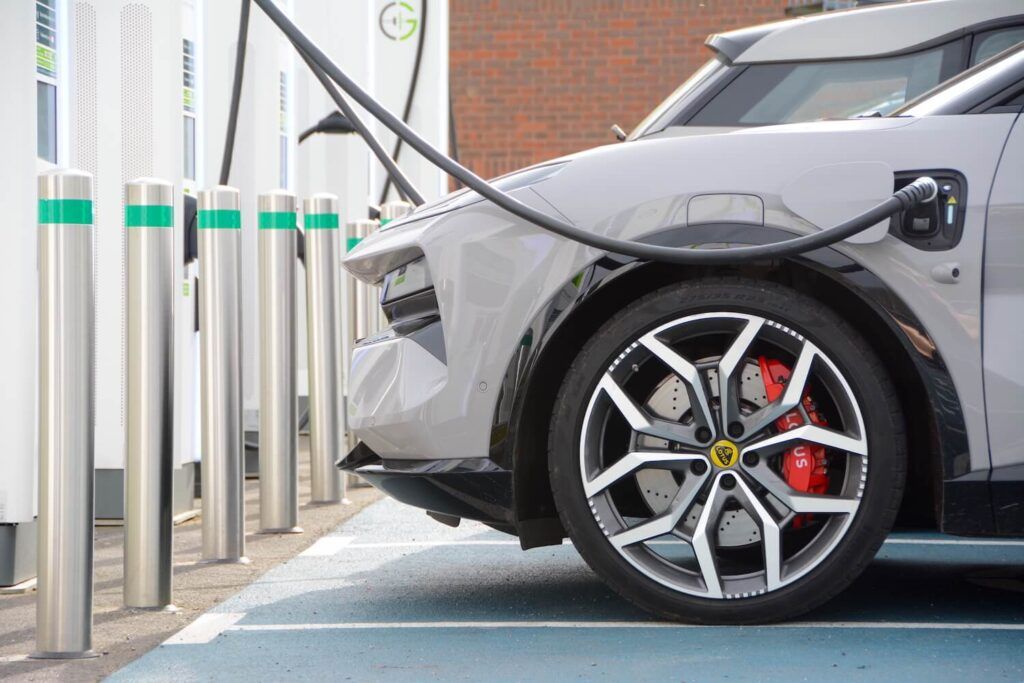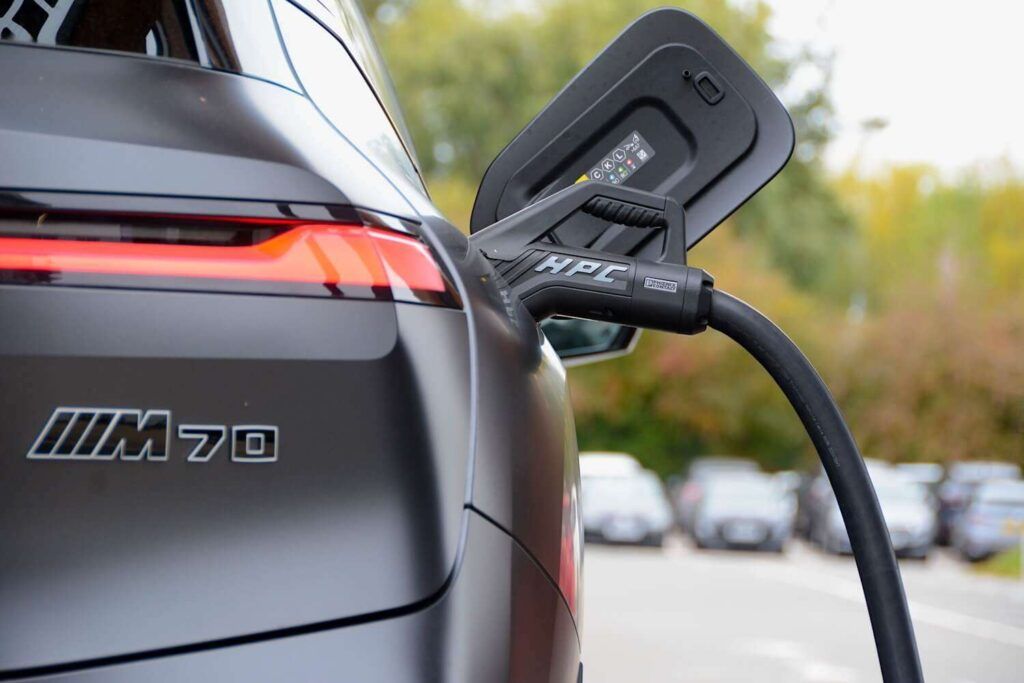Patrick Reich, Co-founder of Bonnet, discusses the disadvantages urban drivers face with electric vehicles and looks at ways in which they can be overcome.
The car industry in the UK is in the midst of a sea change – in August it was reported that sales of battery powered cars had overtaken diesel vehicles for the second month in a row. Consumers are becoming progressively more aware of not only the financial benefits of driving electric vehicles (EV) but also, the positive impact these cars have on the environment.
This shift to a more environmentally conscious lifestyle comes at a time when the government has set targets to support this environmental push. The 2050 net zero goal is ambitious, with the ban on sales of petrol and diesel vehicles by 2030 being one of the crucial pieces to support in hitting this target.
Naturally, issues arise with any major change to the status quo, but the problems for drivers seem to be slightly different for those living in cities compared with those based in rural areas across the UK. With the public slightly cautious in switching to these clean green vehicles it’s clear that business, government and technology need to support in making sure the public is best equipped to invest in EVs.
Range anxiety or charging anxiety?
One of the major concerns for drivers around EVs is range anxiety and the issue of potentially running out of charge while out on the road. The AA recently found this to be a misconception, with 99 percent of drivers overestimating how common it is to run out of charge.
There are though continuing issues surrounding public charging in cities causing charging anxiety for anyone wanting to make the switch. Drivers based in rural areas will most likely have a private driveway where it’s easier to install a private charge point at home, but for the millions of drivers in urban areas who don’t, the reduced ease and access to public charge points throughout the country is a huge sticking point.
The government has invested £1.3bn into developing more EV charging points over the next four years. While positive, the current issues around the lack of chargers, poor reliability and confusion surrounding different charging networks can often put the most avid EV supporter off these vehicles.
The issue with public charge points
Currently, in the UK there are over 40 different UK charging networks, all with unique payment systems. EV drivers are required to sign up to all these different charge point providers separately, with the majority needing either an RFID card, subscription, or smartphone app to use any separate service. This over complicated system means many drivers are either shut out from using several charge points or have to spend time filling out forms and sharing details just to charge their car.
Another issue is that users can’t be completely confident that a particular charge point is in service. Having travelled several miles to get to a specific charge point, it may be discovered that it’s not working which only adds to the charging anxiety EV drivers already have.
It’s time for public charging to become more democratic and accessible in cities as EVs continue to gain popularity. One way to combat charging anxiety is by offering a product that allows drivers to simplify the payment process while also sharing up to date reliability data of charge points.
Ways to solve the issue for urban EV drivers
Creating a more streamlined approach to the process of charging EVs in cities is crucial. Having all charging networks in one central place, allowing users to use one payment method to charge their EVs and providing them with real-time reliability updates will provide peace of mind to all EV drivers.
The improvement in charging technology and increased investment in charging infrastructure will also support ending the current charging issues that urban drivers face. Projects to understand the viability of introducing semi-public and private charge points are currently underway, while major businesses such as Shell, which recently announced its aim to install 50,000 on-street EV charge points across the country by 2025, show the huge amounts of investment being placed in this growing market.
As the uptake in EVs continues to rise, the industry needs to take the necessary steps to be as inclusive as possible for drivers without private charge point access. While charging anxiety remains, some businesses are making the ability to use public charge points as simple and reliable as possible. Through investing in charging technology and infrastructure over the following decade, we should see the problems urban EV drivers face become an issue of the past.












